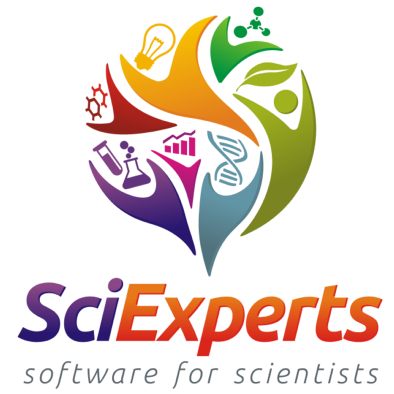Revolutionising Cancer Diagnosis with AI and Machine Learning
ABOUT THE AID-GI PROJECT
The AID-GI Project (Artificial Intelligence-supported Diagnostics of Gastrointestinal diseases with video capsule endoscopy) is a research initiative funded by the UK government. The aim is to improve the diagnosis of colorectal cancer and other gastrointestinal diseases using machine learning [1] so that more gastrointestinal examinations can be performed without compromising quality, in order to reduce the growing backlog in hospitals.

The Challenge
However, given the number of patients to be examined and the resulting volume of images captured by the capsules, consistent, high-quality analysis of all images produced is not possible with current manual methods.
While traditional colonoscopy procedures tube cameras are used, they are still considered the gold standard for examining the GI tract analysis of the digestive tract, the revolutionary video capsule endoscopy can offer significant advantages.
However, given the number of patients to be examined and the resulting volume of images captured by the capsules, consistent, high-quality analysis of all images produced is not possible with current manual methods.
The goal of the AID-GI project is to make innovative video capsule endoscopy a reality.
Find out how the Wolfram Technical Services team can jumpstart your project with detailed troubleshooting, code optimization, customized training or production implementation.ung by using
The Wolfram Consulting Services team has developed CapScan, an integrated tool that helps human operators create accurate training data for machine learning-based automated image analysis. Importing, converting and analyzing video from the capsule can now be done easily and accurately at scale through a simple interface.
The Wolfram Consulting Services team, with its extensive project management experience, was an ideal lynchpin in this collaborative research project, where communication about goals, scope, progress,

These pill-sized capsules provide high-quality images and are much more comfortable and less invasive compared to traditional endoscopy procedures.
machine learning-based automated image analysis. By eliminating the need for specialists and consultants to be present during the procedure, the pill-sized camera can be swallowed at home or in an on-site physician’s office, relieving pressure on acute services and endoscopy units and extending care to underserved areas.
and more was critical.
In addition, the Wolfram Language was the perfect platform for a project that required robust importing, processing and presentation of information from a variety of sources and in many different formats.
With a global rollout planned, scalability and security were paramount. Wolfram’s multidisciplinary team was able to take on the medical, data science, interface development, and infrastructure elements of the project while providing an outside perspective and innovative ideas.

With CapScan, clinicians can import thousands of images and automatically detect all abnormalities. Operators can manually review the classifications to make a diagnosis and improve CapScan’s machine learning algorithms.
RESULTS
No one programming style is ideally suited to every problem. Mathematica stands out from traditional computer languages by simultaneously supporting many programming paradigms, such as procedural, functional, rule-based, pattern-based, and more.
Mathematica lets you program in the style you prefer.
Enabling innovation in healthcare technology
The Wolfram Consulting team has developed the CapScan tool, which removes the bottlenecks that hinder innovation in GI screening technology. Users no longer have to scroll through thousands of individual images per patient. They can now select a single image and receive back matching AI suggestions.
Reducing backlogs in the NHS and improving health equity
Now, gastrointestinal exams can be performed quickly and accurately without the need for specialized physicians and consultants. This not only enables more screening in acute care settings, but also in community health centers, improving access to care in underserved areas and reducing the burden on hospitals.
Strong foundations for continuous improvement
Images with verified anomalies are added back to the training set for CapScan’s machine learning algorithm, improving its performance with increased usage. In addition, the Wolfram Consulting team has created a solid foundation on which we and other collaborators can build to further integrate machine learning and automated image analysis into gastrointestinal diagnostics.
MADE POSSIBLE BY WOLFRAM
“Using the Wolfram Language allowed us to easily join up the image processing, machine learning and data visualization required to present clinicians with the information they needed, together with the tools to create and deploy an easy-to-use interface. Because all of these tools are built into Wolfram Engine and designed to work together, the code required is small and very high-level, making it easy for us to maintain and further develop the tool with future generations of the core AI.”
-Jon McLoone
Director of Technical Communication and Strategy
Wolfram Research Europe
LET’S TAKE YOUR PROJECT TO THE NEXT LEVEL
Find out how the Wolfram can jumpstart your project with detailed troubleshooting, code optimization, customized training, or production implementation.
